Berkshire Products, Knowledge Base
What Wiper Do You Recommend For Gowning Room Standard Operating Procedures (SOPs)?
Since the gowning room involves personnel arriving or leaving in street clothes and changing into and out of cleanroom outfits, the activity level and the load of the particles from street clothing will cause this environment to be “dirtier” than the production area. So, it’s crucial to take preventative measures in this area also. Therefore, in the case of addressing the gowning room, it allows us to consider a less stringent wiper product.
But what kind of a pre-wetted wiper substrate is appropriate for this environment?
Pre-wetted wipers containing nonwoven polyester/cellulose blends with 6% IPA solution are ideal for gowning rooms. They are durable with good wet strength and excellent for glove wipe-downs.
An additional benefit of using 6% IPA solutions is that they minimize Volatile Organic Compounds (VOCs) in the cleaning product. This feature can be essential to the environmental control department of an organization.
Gowning Wipes

Environmental Surface Cleaning
Along with wipe-downs of the operator’s gloves, it is essential to consider environmental surface cleaning requirements.
Many surfaces require attention, including process equipment exteriors, test equipment apparatus, counters, tables, and even carts. However, one characteristic is common to these surfaces- they appear to be relatively clean.
However, they are all contaminated by invisible particles to a greater or less degree. That’s why it is critical to remove these particles regularly (at the beginning and end of the shift) to prevent contact transfer. The good news is you can remove the surface particles and contaminants with pre-wetted wipers.
We look for pre-wetted wipers incorporating laundered, knitted polyester wipers with sealed edges or ultrasonically-sealed edges to minimize particle or fiber contribution with a 6% IPA solution. In addition, they have high abrasion resistance.
Environmental surfaces are generally much cleaner than equipment interiors, so you don’t need as much IPA to remove the surface contamination.
A pre-wetted wiper with a 6% IPA concentration allows the product classification as “combustible,” not “flammable,” permitting easier, less costly storage and disposal methods.




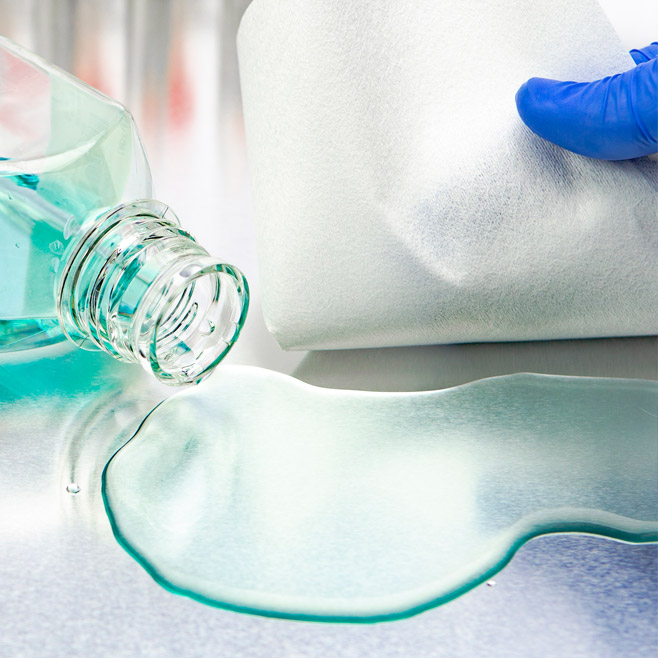
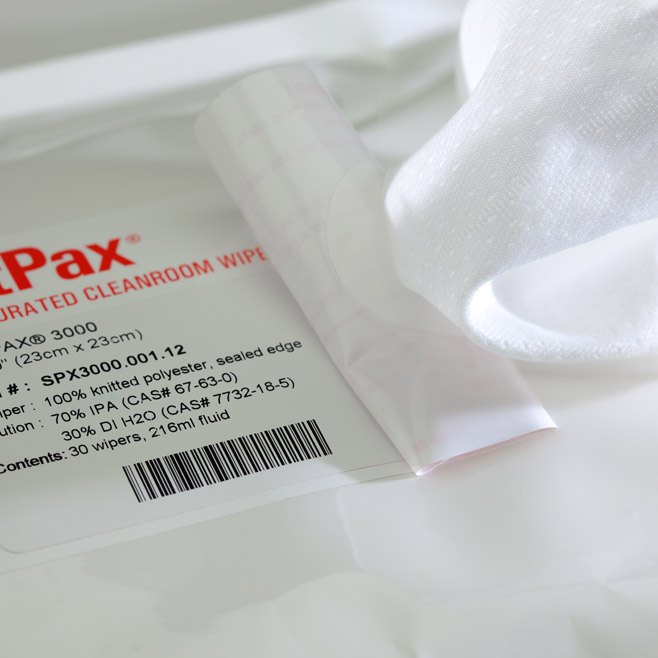
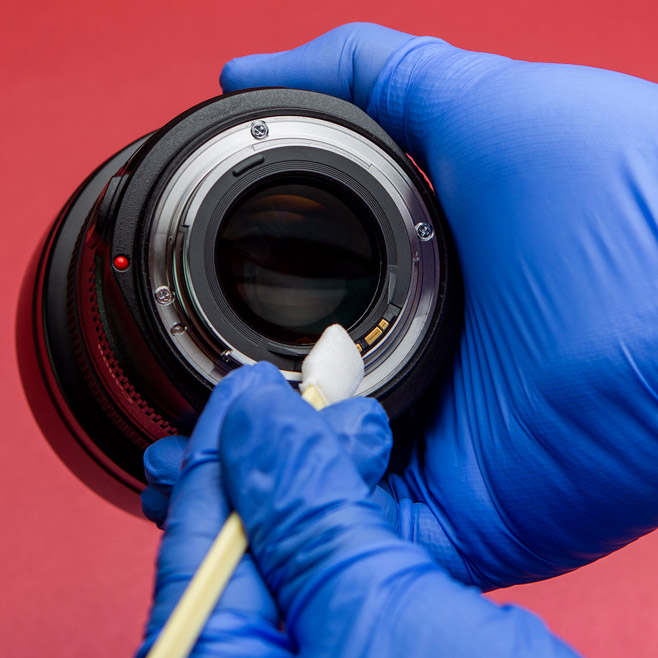

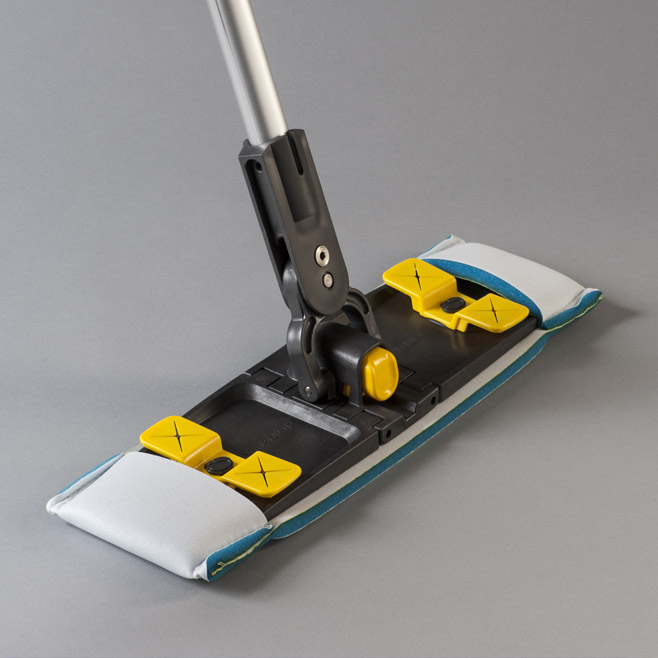
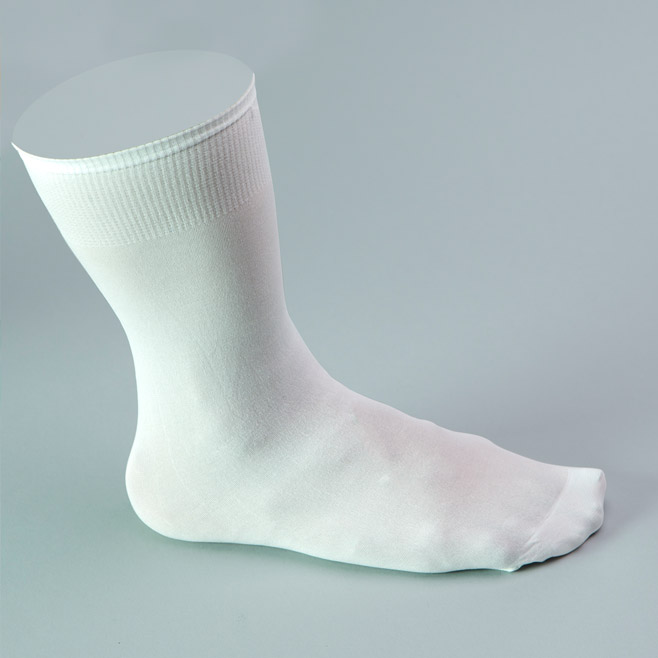
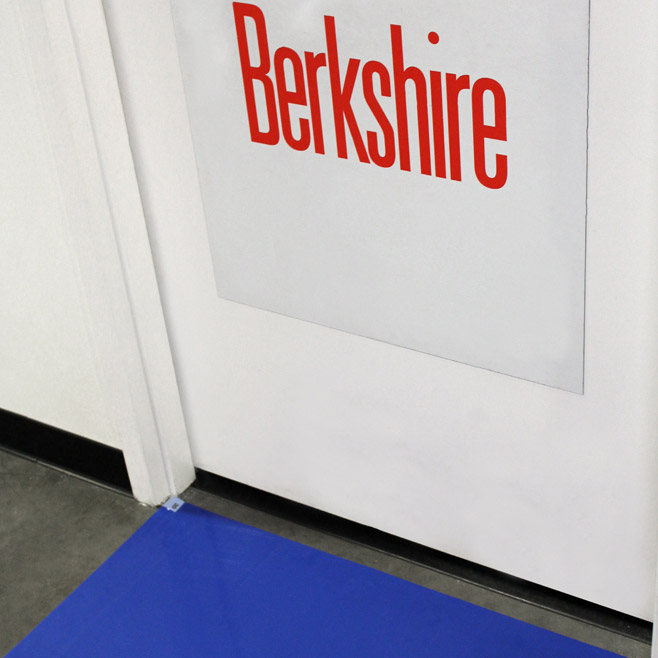

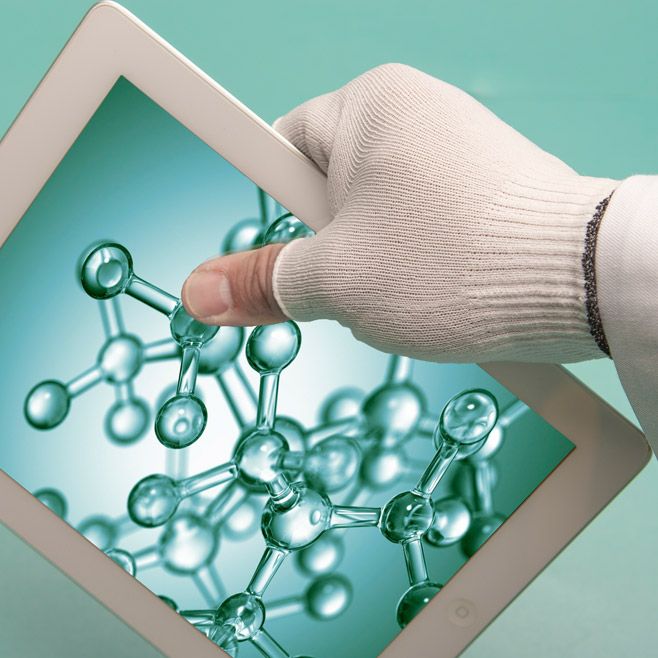
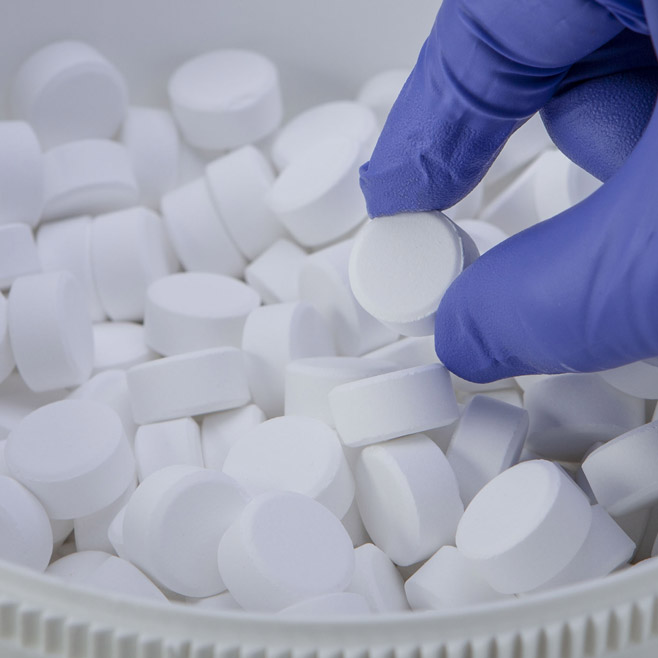
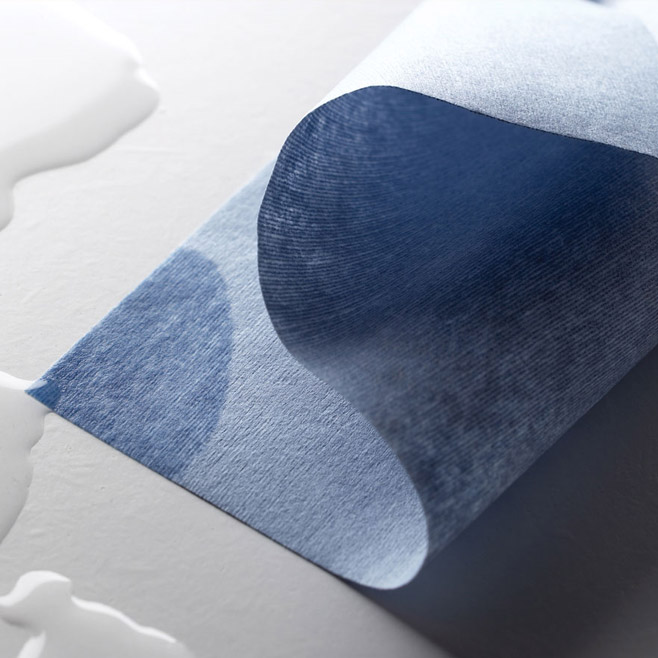
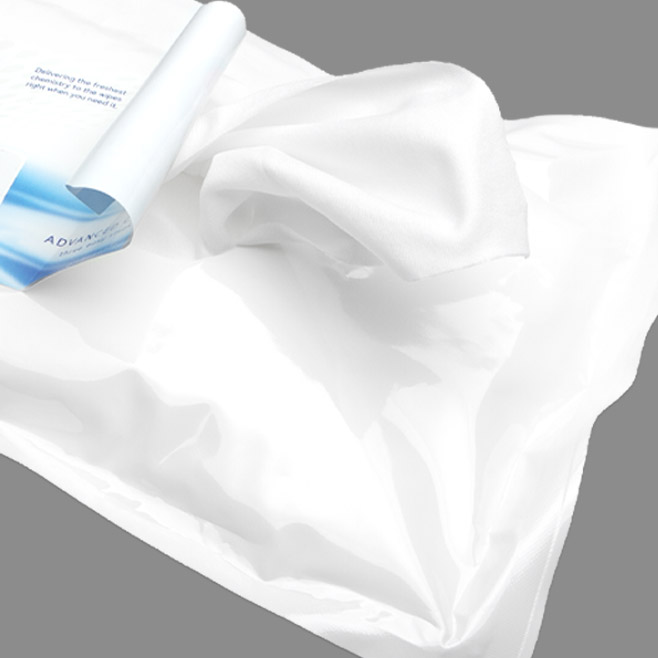



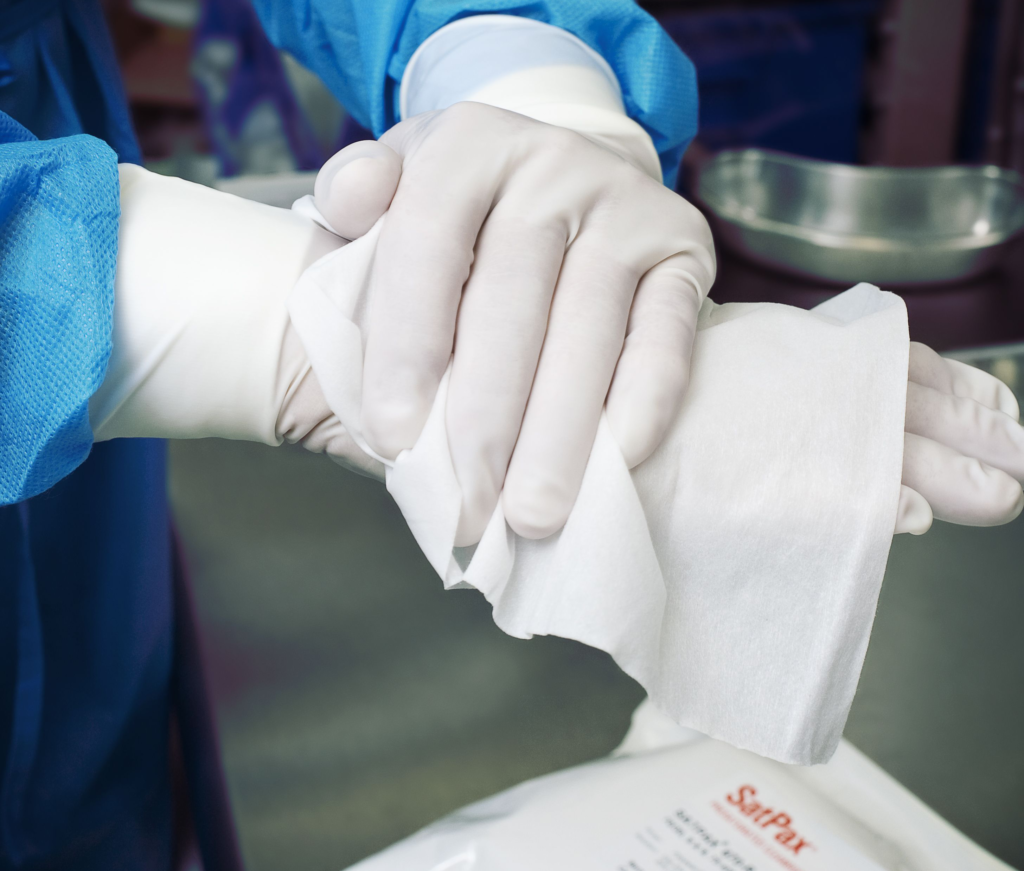


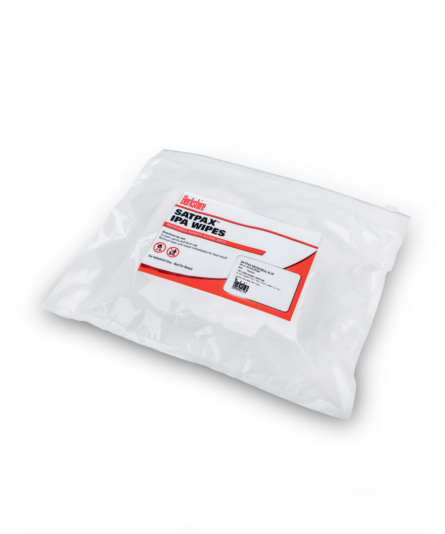
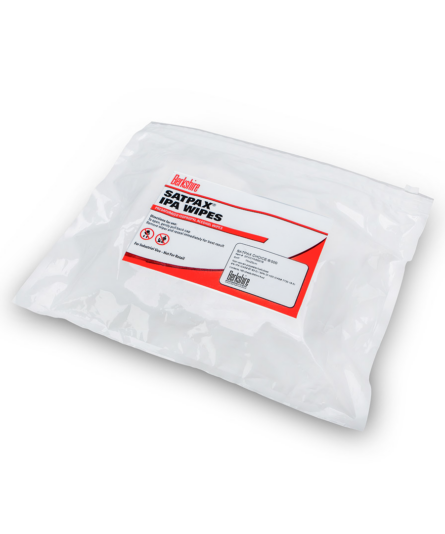
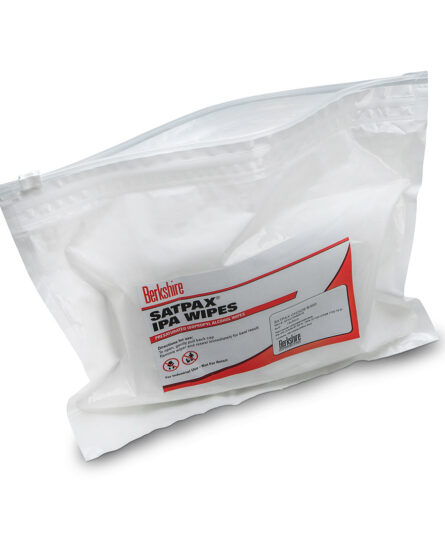
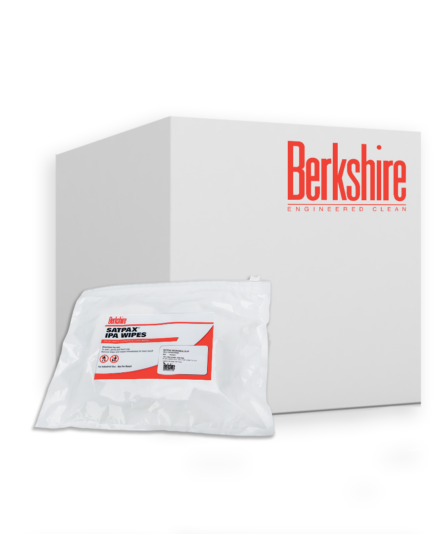

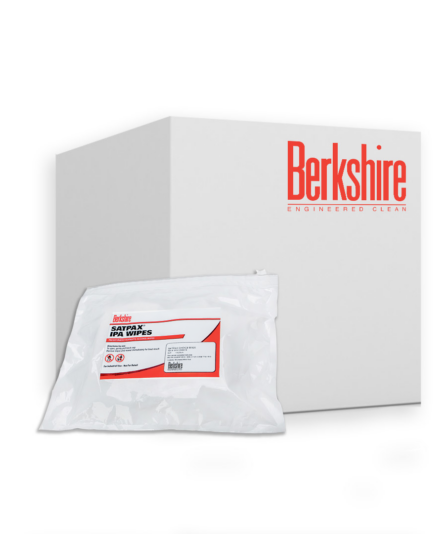

HAVE AN IDEA FOR CONTENT?
We are always looking for ideas and topics to write about.
Contact Us